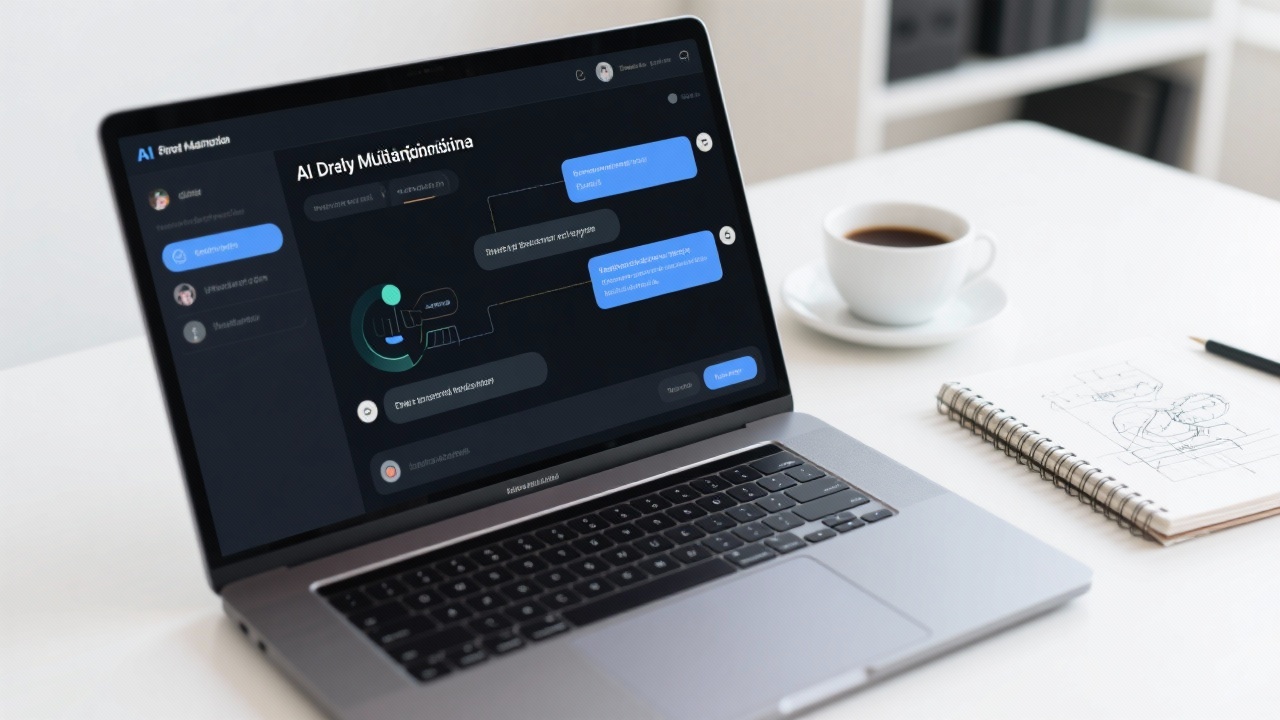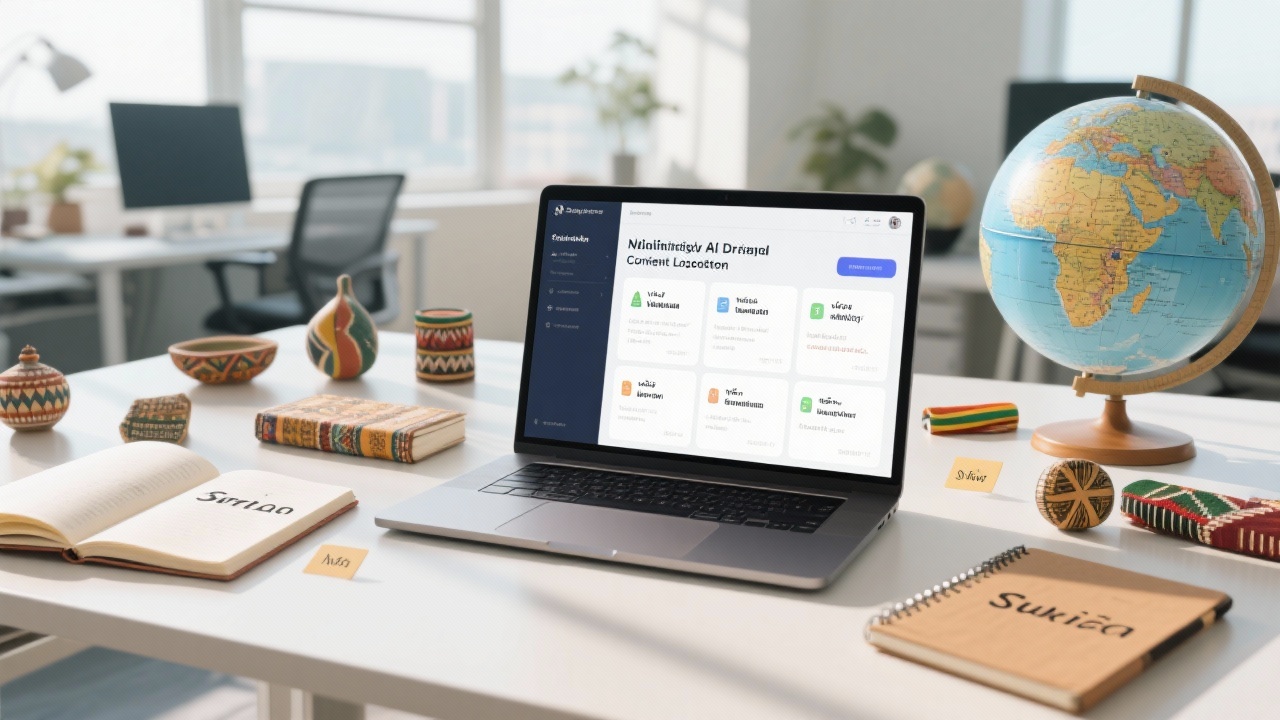 400-076-6558智领未来,外贸超级营销员
400-076-6558智领未来,外贸超级营销员
 400-076-6558智领未来,外贸超级营销员
400-076-6558智领未来,外贸超级营销员

In the realm of B2B foreign trade, enterprises often grapple with several persistent challenges. One of the most prominent issues is the overwhelming presence of low - quality inquiries. These low - quality inquiries flood the sales pipeline, consuming valuable time and resources. Sales teams find themselves drowning in a sea of inquiries that are either from unqualified prospects or those with no real intention to purchase. For instance, in some cases, up to 70% of the inquiries received by B2B companies may be of low quality, leaving only a meager 30% as potentially valuable leads.
Another pain point is the inefficiency in handling the inquiries. Sales representatives are constantly on their toes, trying to respond to every single inquiry that comes their way. This leads to a situation where they are stretched thin, resulting in delayed responses and a lack of personalized attention to each lead. As a consequence, the conversion rate from inquiry to actual sale remains disappointingly low. On average, B2B companies may experience a conversion rate of only around 10 - 15% from their inquiries, which is far from satisfactory.

Enter the AI intelligent consulting assistant, a game - changer in the world of B2B foreign trade. This technology comes with a set of powerful features that address the aforementioned pain points head - on. Firstly, it has the ability to perform behavior tracking. By monitoring the actions of website visitors, such as the pages they visit, the time they spend on each page, and the frequency of their visits, the AI can gain deep insights into the interests and intentions of the visitors.
Secondly, the AI intelligent consulting assistant excels in screening and filtering. It can automatically sift through the incoming inquiries, separating the high - quality leads from the low - quality ones. This is done by analyzing various factors such as the source of the inquiry, the content of the message, and the visitor's behavior history. Through this process, it can significantly reduce the number of low - quality inquiries that reach the sales team, allowing them to focus their efforts on the most promising leads.
Lastly, the automatic follow - up feature of the AI assistant is a boon for sales efficiency. It can send out personalized follow - up messages to prospects at the right time, based on their behavior and the stage in the sales funnel. This ensures that no lead falls through the cracks and that the sales process moves forward smoothly.
Let's take a look at a real - world case in the mechanical industry. A medium - sized mechanical equipment manufacturing company was facing the typical problem of low conversion rates from inquiries. They decided to implement an AI intelligent consulting assistant along with behavior data analysis and an inquiry quality scoring system.
Before the implementation, the company had a conversion rate of approximately 12%. After three months of using the AI - powered system, the conversion rate soared to 25%. This represents an increase of over 100%, a remarkable achievement. The system was able to identify high - potential leads early on, and the automatic follow - up feature ensured that these leads were nurtured effectively. The sales team was also able to prioritize their efforts better, leading to a more efficient sales process.

Implementing an AI intelligent consulting assistant system doesn't have to be a complex and daunting task. Here are the actionable steps:
Start by setting up tags for different types of visitors and inquiries. For example, you can create tags for high - budget prospects, long - term potential customers, and immediate - need buyers. These tags will help in categorizing the leads and tailoring the follow - up strategies accordingly.
Define clear scoring rules for each lead. Factors such as the number of page visits, the depth of interaction on the website, and the quality of the inquiry message can be used to assign scores. Leads with higher scores are more likely to convert and should be given priority.
Keep the content used by the AI assistant up - to - date. This includes the frequently asked questions, product descriptions, and follow - up messages. Regularly review and update the content based on the feedback from the sales team and the changing market trends.
For those who are not tech - savvy, there are several tools available that allow for a zero - code deployment of the AI intelligent consulting assistant system. These tools offer a user - friendly interface, making it easy to set up tags, define scoring rules, and manage the follow - up process. Some popular tools in the market include [Tool Name 1], [Tool Name 2], and [Tool Name 3]. These tools can be customized to fit the specific needs of your business without the need for any programming knowledge.

The implementation of an AI intelligent consulting assistant system offers a clear path to improving the ROI. By reducing the number of low - quality inquiries and focusing on high - potential leads, the cost of customer acquisition can be significantly reduced. At the same time, the increased conversion rate leads to more sales, resulting in higher revenues.
In the long run, a well - implemented system can create a sustainable growth cycle. As the system continuously learns from the data and refines its algorithms, the accuracy of lead screening and follow - up will improve over time. This will further enhance the conversion rate and lead to a more efficient and profitable sales process.
Are you struggling with low conversion rates from your inquiries? Do you want to optimize your B2B sales funnel and achieve sustainable growth? Click here to learn more about how you can implement an AI intelligent consulting assistant system and transform your B2B foreign trade business.
.png?x-oss-process=image/resize,h_100,m_lfit/format,webp)
.png?x-oss-process=image/resize,h_100,m_lfit/format,webp)

.png?x-oss-process=image/resize,h_100,m_lfit/format,webp)
.png?x-oss-process=image/resize,h_100,m_lfit/format,webp)
.png?x-oss-process=image/resize,h_100,m_lfit/format,webp)
.png?x-oss-process=image/resize,h_100,m_lfit/format,webp)
